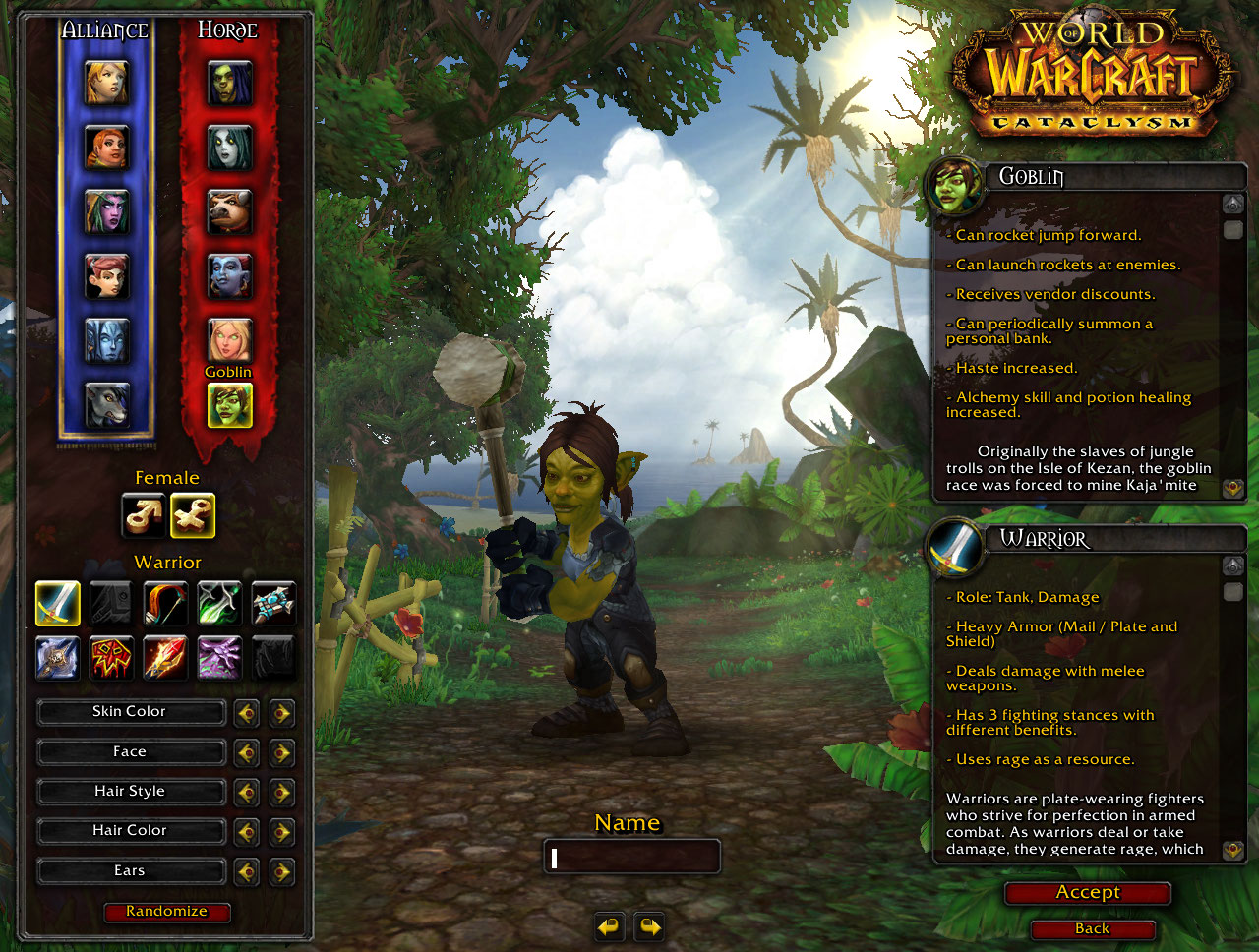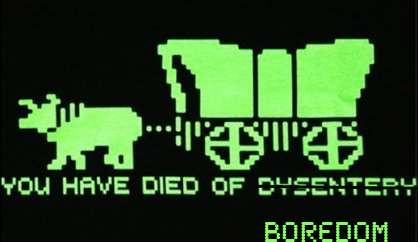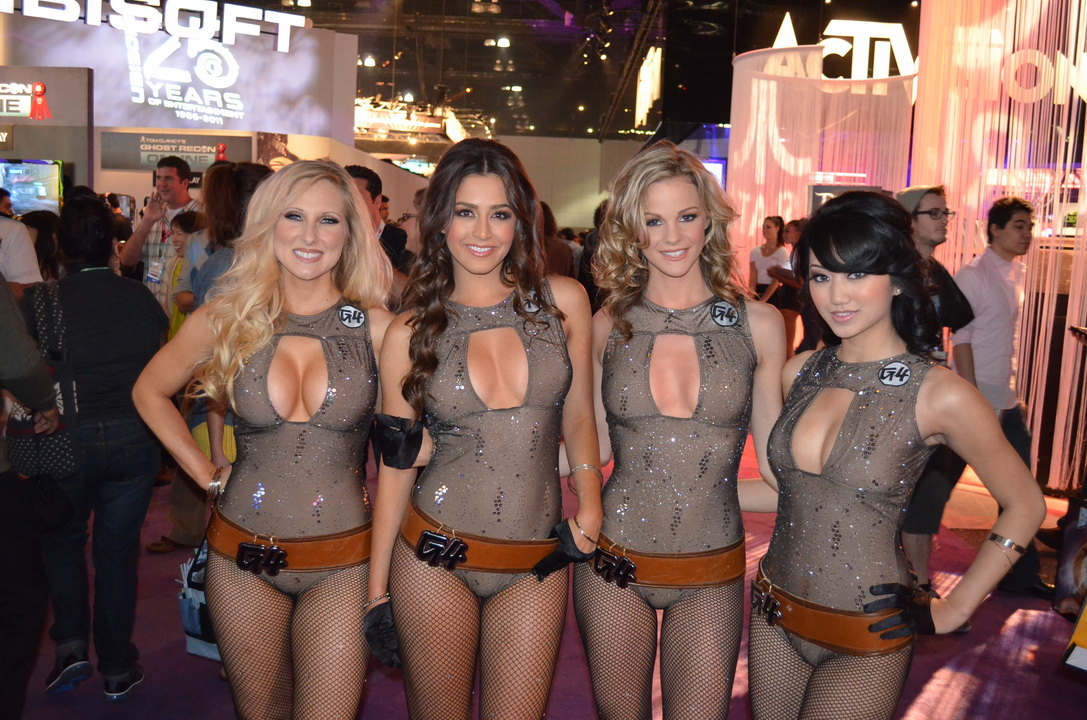My post today comes from the conversations that have been happening around games for years, but have come to the fore again in the last couple of weeks with all of the discussion of representations of race (or a lack thereof) in CD Project Red’s The Witcher 3. We have seen lots of folks, like Tauriq Moosa, Tanya DePass and Austin Walker, talking about the game in terms of the larger problems with race and racism in the gaming community and with other games like Dragon Age: Inquisition and Rust. Rust has been particularly interesting because it brings game mechanics to the fore by randomly choosing the race of the player’s character and locking that choice to the player’s Steam ID. We’ve also seen Walker bring historicity and mixed mythologies into the mix in order to explain that while some folks have tried to explain away the lack of racial diversity in the game by saying that it is based on Polish mythology, The Witcher 3 relies upon various other world mythologies, including Middle Eastern, African, and South Asian.
What we hear echoing in the background of these arguments over representation and historicity are the questions of why it matters. What difference does it make if all of the characters are white (in Poland or elsewhere)? Why is racial diversity in games even necessary? Is it necessary in all games? The answer in this case is the same as the answer would be if the questions were being asked about any other underrepresented population in games. It’s important because it’s not there and it will continue to be important. Until the times comes when minority gamers can see themselves represented in video games with diverse characters as a rule rather than a exception it will be necessary to continuously push for diversity in all games. Ironically this is the very point that FacePunch Studios was trying to make with its character creation process and this was the thing that was most complained about on Steam. Not only did some players see it as political posturing and “forced politics,” but some claimed that they were even refusing to buy the game because they don’t want to take the chance of playing a black character.
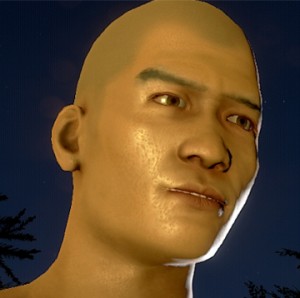 That last comment made me wonder what that chance was exactly. Did this player not want to take the chance of simply being portrayed as a character that was not representative of who he was as a person in real life or is he afraid of taking the chance of being treated in the same way that they have treated other players who had chosen avatars of color or the way that he believed players/characters of color are treated? In the Steam community itself you see a number of comments that mention the “lightheartedness” of racial stereotypes, but others go on to say that if characters spawn as African American that his “wiener [should be] automatically bigger.” And this “lightheartedness” quickly degenerates even more when someone suggests that they could include Hispanic characters as an option and make them more adept at using automatic weapons (because…gangs/cartels of course), but that idea is quickly vetoed because “rust does not need house cleaners at the moment.” [errors in original]
That last comment made me wonder what that chance was exactly. Did this player not want to take the chance of simply being portrayed as a character that was not representative of who he was as a person in real life or is he afraid of taking the chance of being treated in the same way that they have treated other players who had chosen avatars of color or the way that he believed players/characters of color are treated? In the Steam community itself you see a number of comments that mention the “lightheartedness” of racial stereotypes, but others go on to say that if characters spawn as African American that his “wiener [should be] automatically bigger.” And this “lightheartedness” quickly degenerates even more when someone suggests that they could include Hispanic characters as an option and make them more adept at using automatic weapons (because…gangs/cartels of course), but that idea is quickly vetoed because “rust does not need house cleaners at the moment.” [errors in original]
It’s because these issues come to our attention because of games (either through the presence or absence of diverse racial representation) that we are able to see how specifically these issues are based in centuries of racial prejudice and oppression. The use of those very stereotypes to describe races of characters (and to silence the gamers who ask for more racial diversity so that they can see their specific races represented as well) again demonstrates that this is all bigger than games. At the same time I think that games can be a way for us to begin this conversation since it is a space and community that we are already inhabiting together.
One that has become abundantly clear this week has been that there is the need for more diversity and less segregation. It is definitely arguable that the events at the pool party in McKinney, TX came about not only because of racism but also because people had just become too comfortable with segregation in the form of a gated community and when they felt that comfort challenged by the presence of too many Black bodies they lashed out in all too familiar ways. In many ways this is analogous to what has been going on with The Witcher 3 and Rust. The reactions to lack of racial representation along with they reactions of certain segments of the games community to demands for more diversity (or integration) in The Witcher 3 feels a lot like the over reaction of the apartment residents and police to “too many” Black teenagers at a pool party.
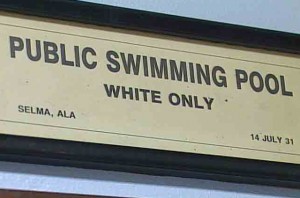 Likewise, the reaction by some gamers to not being able to choose their race in Rust feels a hell of a lot like the reactions of community members in and around the area of McKinney, TX who specifically made the arguments that they should not have the presence of Black folks forced upon them (much like the reactions to being forced to play as a black man). Again we get feelings of “forced politics.” Unfortunately, while players in Rust found themselves subjected to the same feelings that many of us (members of under represented minority groups) have had since we first started playing games those of not being able to see ourselves reflected in the protagonists that we play. The McKinney officer and several of apartment dwellers along with some of their supporters have also discovered first hand what it was like to become the object of contempt. We have seen this in the case of the police officer who resigned after using unnecessary force on a bikini clad 14 year old girl, the woman who used racial slurs and fought with one of the children on site who found herself suspended from her job, the elementary school teacher in TX who voiced her support for the police and residents and a call for segregation who also found herself unemployed this week, and also in the case of the Florida high school principal who lost his job after commending the officer in the case for pulling a weapon on unarmed children. They were momentarily able to experience what it felt like to be (unfairly in their opinions) targeted and punished for just being who they are.
Likewise, the reaction by some gamers to not being able to choose their race in Rust feels a hell of a lot like the reactions of community members in and around the area of McKinney, TX who specifically made the arguments that they should not have the presence of Black folks forced upon them (much like the reactions to being forced to play as a black man). Again we get feelings of “forced politics.” Unfortunately, while players in Rust found themselves subjected to the same feelings that many of us (members of under represented minority groups) have had since we first started playing games those of not being able to see ourselves reflected in the protagonists that we play. The McKinney officer and several of apartment dwellers along with some of their supporters have also discovered first hand what it was like to become the object of contempt. We have seen this in the case of the police officer who resigned after using unnecessary force on a bikini clad 14 year old girl, the woman who used racial slurs and fought with one of the children on site who found herself suspended from her job, the elementary school teacher in TX who voiced her support for the police and residents and a call for segregation who also found herself unemployed this week, and also in the case of the Florida high school principal who lost his job after commending the officer in the case for pulling a weapon on unarmed children. They were momentarily able to experience what it felt like to be (unfairly in their opinions) targeted and punished for just being who they are.
When we look at the interactions in world around us alongside of those that we see in games it does nothing if not further demonstrate that all of the situations and discussions that we see arising around issues of race, class, sex, and sexual orientation are emulative of what we see in the real world and are indeed, bigger than games. And that these are issues that we are going to have to address in both spaces if we are to move forward as a race of people that respects one another because of who they are and what they have done and experienced and not in spite of it.

